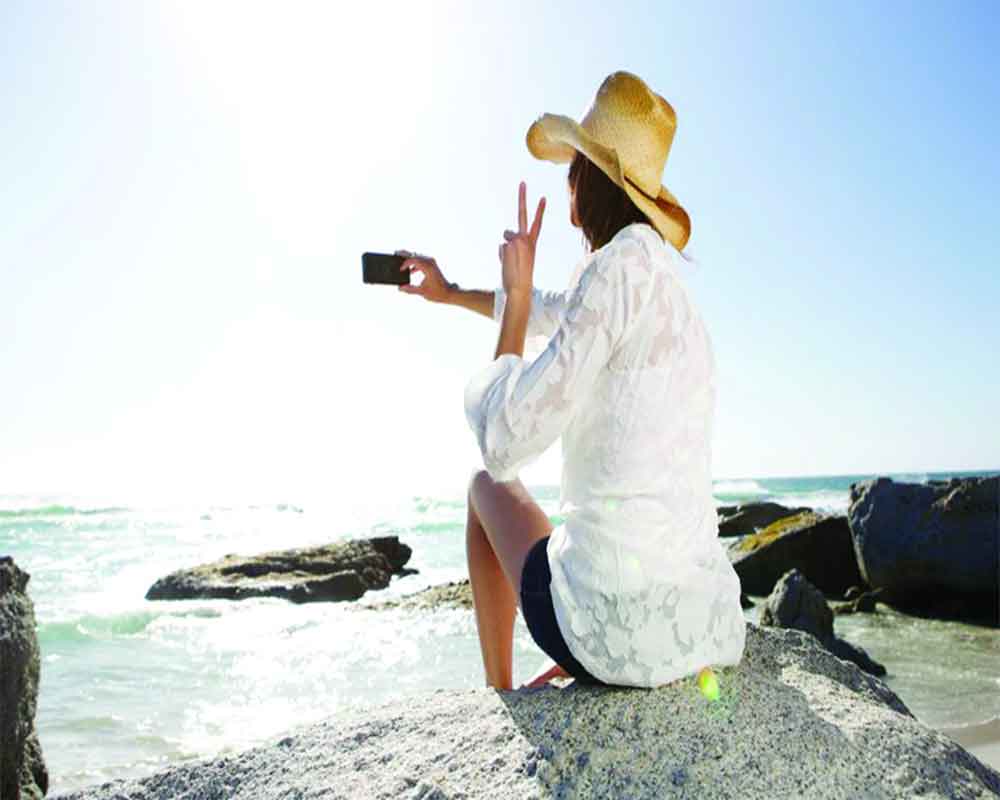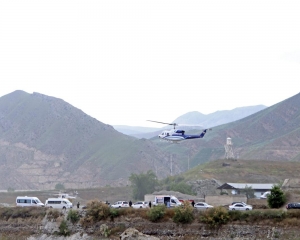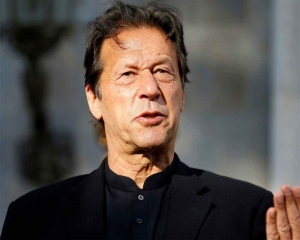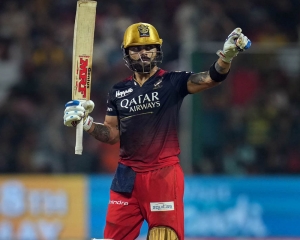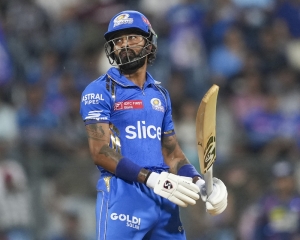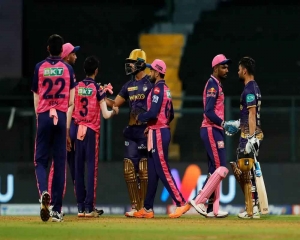Behavioural expert Debraj Shome explains why the mania of taking and posting selfies online is hinting at an insecure and a mentally-unstable generation. By Team Viva
Image enhancement is one thing; you are in the end in control of it. But when the projected image becomes bigger than you, then the mirrored image can eat into the reality of your self-esteem. A recent study, conducted by a cosmetic clinic chain, spanning over 300 people across four Indian cities, showed that the process of taking, altering and posting selfies negatively affects one’s self-esteem and body image perception as well as promotes body dysmorphia.
Selfies, that have already been considered responsible for numerous deaths as well injuries among people lost in the act of clicking themselves, are also making people anxious and less-confident about their own looks and physical attractiveness. As per the report, in Delhi, 68 per cent men and 82 per cent women showed an increase in levels of anxiety after posting their selfies on social media. Around 71 per cent men and 80 per cent women showed a decrease in self-confidence. Their feelings of physical attractiveness also recorded a dip. The feelings of inadequacy were intense enough to drive many of them to undergo cosmetic surgery in order to enhance their facial appearance.
The study noted that people posted selfies using filters more than without as their real features made them anxious about public approval. Also, the fact that filters work magically on the selfie saddened them, making them envy their own enhanced image.
In one of the recent lectures on the psychological effects of taking and posting selfies on social media, Debraj Shome, director of the said clinic chain, pointed towards men and women between 16 to 25 years of age who spend up to five hours per week clicking selfies and uploading them online. “People who took and posted selfies reported feeling more anxious, less confident, and less physically-attractive later. Even though people could retake or retouch their selfies through filters, we noted certain effects that could be harmful. It contributed to significant feelings of inadequacy over looks. This indicates that people in India will also become like the ones in California, USA, where a large majority of the population considers cosmetic surgeries.”
The lecture also noted an important point by Dr Rinky Kapoor, cosmetic dermatologist. Said she, “The camera in the phone has ironically become the reason why the phone sells. It is well-known that selfies are a risk to one’s life and limb, with hundreds of people dying or sustaining injuries while taking selfies. This study shows that selfies have an adverse psychological effect on one’s personality too. The impact is even more devastating on people with low self-esteem who take to social media to engage in public behaviour with reduced risk of disgrace and social anxiety.”
She suggested that since there is not any upside to the act of taking selfies as yet, the government “seriously” needs to consider banning front-facing cameras in smartphones. “There is also a need to launch a nationwide campaign that discourages people from taking selfies,” she said.
As per the research, negative impacts of taking selfies were observed the most among people in Delhi, followed by people in Mumbai, Hyderabad and then Kolkata. The nationwide study showed an increase in anxiety among 60 per cent men and 65 per cent women. Of all the respondents, 61 per cent men and 70 per cent women recorded a decrease in confidence after posting their selfies.
Shome also pointed out that social media and celebrities have been hugely responsible in making selfies popular, especially among the youth. “Since famous celebrities and other TV personalities also have social media accounts, youngsters tend to see how their favourite celebrities strike a pose and get million likes. Following them, they try to imitate their behaviour. They tend to feel depressed comparing themselves to the other so-called physically-attractive people. This eventually results in self-loathing.”
He said that for some, taking and posting selfies is also a way of expressing themselves, testing how they really look. The number of likes determines their liking towards themselves.
The doctor explained how posting selfies to social media is making youngsters determine self-image and perception, which in turn is emerging as yet another psychological disorder. He said, “Frequently taking selfies could be considered a body-checking behaviour, such as repeated weighing and recurrent checking of one’s own reflection in the mirror.”
He suggested that this should be considered a risky online health-related behaviour in terms of mental health, especially if it triggers weight and shape dissatisfaction. He added, “High body dissatisfaction is the primary risk factor for the development of eating disorders and is correlated with low self-esteem and depression. Interventions that aim to diminish or eliminate the harmful effects of social media engagement on one’s psychological make-up need to be validated and implemented. This indicates that addiction to phones and selfies may create a mentally-unstable next generation.”
Youngsters need to realise that taking selfies is not about impressing people. They shouldn’t let this control them. One should be satisfied with the way s/he looks.













